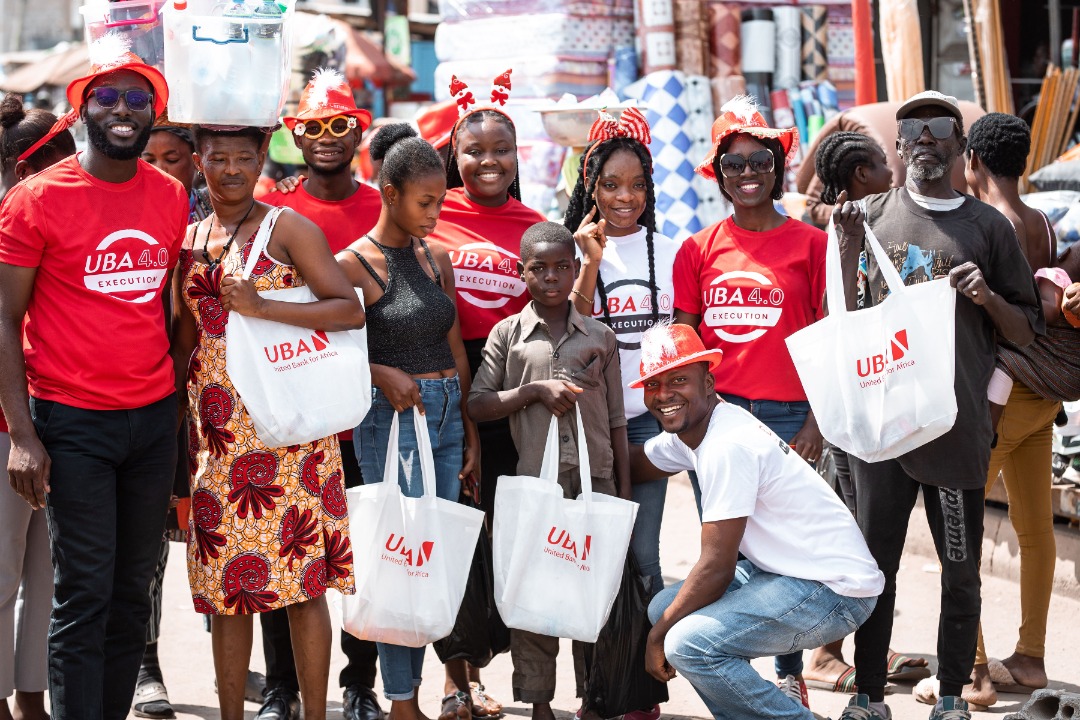
In Ghana, digital food delivery is increasingly becoming more than a convenience—it is emerging as a catalyst for economic opportunity, particularly for youth and small-scale food entrepreneurs.
This World Food Day, the sector’s growing role in driving inclusion, income, and community resilience is coming into sharp focus.
Ali Zaryab, General Manager of Bolt Food Ghana, highlights that “food connects us, through culture, community, and increasingly through economic opportunity.”
He stresses that the sector not only provides meals but also opens pathways for couriers, restaurateurs, and supporting staff to participate in the digital economy.
Across Accra, Kumasi, and other urban centres, delivery couriers—many young people—are turning to digital platforms for income.
Some work part-time alongside other activities, while others rely on deliveries as their primary source of earnings.
The flexibility to choose hours, routes, and commitment levels allows underserved populations to access formalised earning opportunities that were previously difficult to secure.
For small food outlets, joining platforms provides access to a wider, often urban, customer base and offers tools previously available only to larger chains. Order management, delivery logistics, and demand insights empower these businesses to scale efficiently while meeting consumer needs. Zaryab notes, “Each completed delivery is not just food delivered but opportunity realized.”
As the market grows, safety, transparency, and fairness are gaining emphasis. Platforms are introducing safety kits, training programmes, transparent payments, and fair commission models to protect couriers. Restaurants benefit from clearer operational dashboards and predictable service terms, while consumers gain reliable, hygienic, and accessible options.
Ghana’s broader digital transformation underpins this momentum. Mobile and fintech adoption continues to expand, enabling secure online payments and reducing barriers for gig workers. Media reports indicate that platforms like Bolt Food are contributing meaningfully to urban economic resilience, particularly as youth unemployment remains high.
World Food Day 2025, themed “Better production, better nutrition, better environment, better lives,” resonates with the sector’s impact. Better lives are seen as couriers gain autonomy and income; better production emerges as small outlets respond to demand; better nutrition follows from wider access to diverse meals; and a better environment is supported through optimised routing and reduced waste.
In Ghana’s evolving food ecosystem, every meal delivered carries significance beyond nourishment—it embodies empowerment, inclusion, and economic opportunity for communities nationwide.



